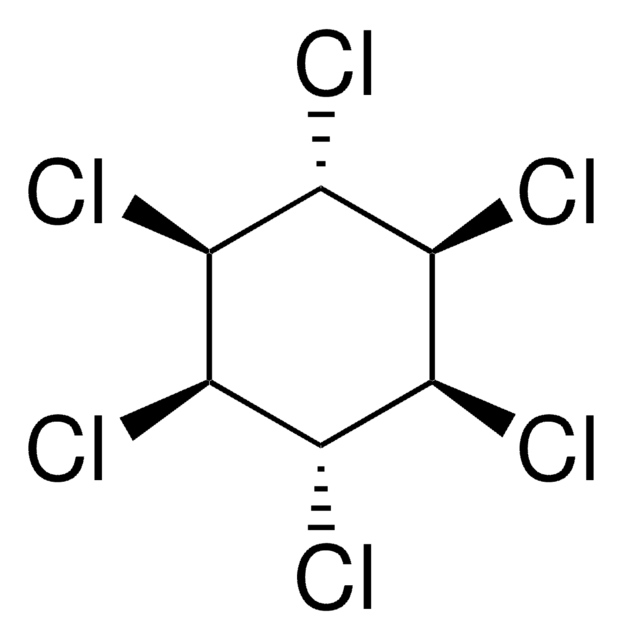37442
Dihydroxyacetone phosphate lithium salt
≥95.0% (TLC)
Synonym(s):
1-Hydroxy-3-(phosphonooxy)-2-propanone lithium salt, DHAP, Glycerone phosphate lithium salt
Sign Into View Organizational & Contract Pricing
All Photos(1)
About This Item
Empirical Formula (Hill Notation):
C3H7O6P · xLi+
CAS Number:
Molecular Weight:
170.06 (free acid basis)
MDL number:
UNSPSC Code:
12352204
PubChem Substance ID:
NACRES:
NA.32
Recommended Products
Assay
≥95.0% (TLC)
form
powder
storage temp.
−20°C
SMILES string
OCC(COP(O)(O)=O)=O
InChI
1S/C3H7O6P/c4-1-3(5)2-9-10(6,7)8/h4H,1-2H2,(H2,6,7,8)
InChI key
GNGACRATGGDKBX-UHFFFAOYSA-N
Related Categories
Biochem/physiol Actions
Dihydroxyacetone phosphate (DHAP) is a metabolic intermediate involved in many pathways, including glycolysis, gluconeogenesis, glycerol metabolism, phosphatidic acid synthesis, fat metabolism, and the Calvin cycle.
Analysis Note
may contain up to 2-mol-equivalents water
replaced by
Product No.
Description
Pricing
Storage Class Code
11 - Combustible Solids
WGK
WGK 3
Flash Point(F)
Not applicable
Flash Point(C)
Not applicable
Personal Protective Equipment
dust mask type N95 (US), Eyeshields, Gloves
Certificates of Analysis (COA)
Search for Certificates of Analysis (COA) by entering the products Lot/Batch Number. Lot and Batch Numbers can be found on a product’s label following the words ‘Lot’ or ‘Batch’.
Already Own This Product?
Find documentation for the products that you have recently purchased in the Document Library.
Customers Also Viewed
Glycerolipid biosynthesis in peroxisomes via the acyl dihydroxyacetone phosphate pathway.
A K Hajra et al.
Annals of the New York Academy of Sciences, 386, 170-182 (1982-01-01)
Jun Ogawa et al.
Bioscience, biotechnology, and biochemistry, 67(4), 933-936 (2003-06-06)
2-Deoxyribose 5-phosphate was produced from acetaldehyde and dihydroxyacetone phosphate via D-glyceraldehyde 3-phosphate by Klebsiella pneumoniae B-4-4 through deoxyriboaldolase- and triosephosphate isomerase-catalyzing reactions. Under the optimum conditions, 98.7 mM 2-deoxyribose 5-phosphate was produced from 200 mM acetaldehyde and 117 mM dihydroxyacetone
John P Richard
Biochemistry, 51(13), 2652-2661 (2012-03-14)
Triosephosphate isomerase (TIM) catalyzes the stereospecific 1,2-proton shift at dihydroxyacetone phosphate (DHAP) to give (R)-glyceraldehyde 3-phosphate through a pair of isomeric enzyme-bound cis-enediolate phosphate intermediates. The chemical transformations that occur at the active site of TIM were well understood by
Giovanni Covaleda-Cortés et al.
Marine drugs, 17(9) (2019-09-01)
A very powerful proteinaceous inhibitor of metallocarboxypeptidases has been isolated from the marine snail Nerita versicolor and characterized in depth. The most abundant of four, very similar isoforms, NvCla, was taken as reference and N-terminally sequenced to obtain a 372-nucleotide
Olga A Esakova et al.
Journal of the American Chemical Society, 141(36), 14142-14151 (2019-08-08)
Quinolinic acid is a common intermediate in the biosynthesis of nicotinamide adenine dinucleotide and its derivatives in all organisms that synthesize the molecule de novo. In most prokaryotes, it is formed from the condensation of dihydroxyacetone phosphate (DHAP) and iminoaspartate
Our team of scientists has experience in all areas of research including Life Science, Material Science, Chemical Synthesis, Chromatography, Analytical and many others.
Contact Technical Service












